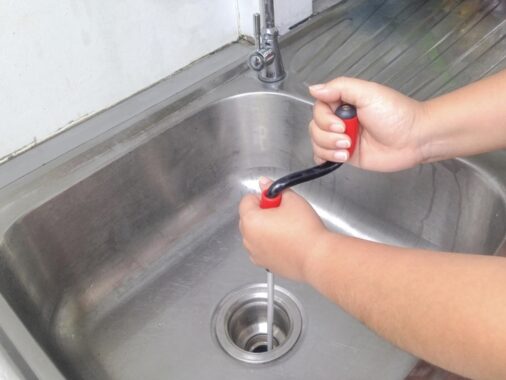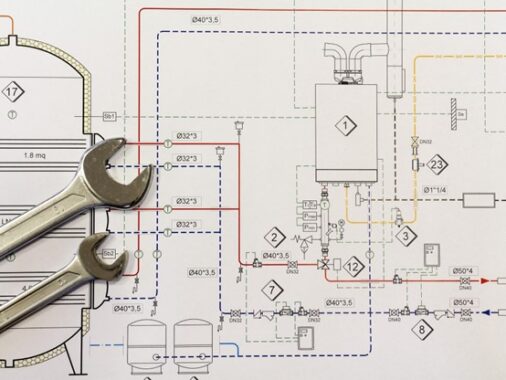In today’s energy-focused world, the concept of energy efficiency has transitioned from a niche interest into a fundamental aspect of our daily lives. It refers to using less energy while carrying out everyday processes, maintaining the same level of service, but with reduced environmental impacts. A key player in the energy efficiency field, especially in households, is the off-peak hot water system. The increasing prominence of off-peak hot water systems is primarily attributable to the myriad of energy and cost-saving benefits they offer. In this comprehensive guide, we provide an in-depth exploration of off-peak hot water systems, spotlighting their crucial role in enhancing energy efficiency at homes.
Understanding Off-Peak Hot Water Systems
An off-peak hot water system, in its essence, is a highly innovative installation engineered to operate during off-peak electricity periods, thereby conserving significant amounts of energy. Unlike standard hot water systems that function continuously throughout the day and night, off-peak systems strategically utilise times of minimal electricity demand, usually late at night or during the early hours of the morning. The heated water is then stored in a highly insulated tank, where it retains its warmth for use throughout the next day. The uniqueness of off-peak hot water systems lies in this strategic function, and it’s their operation during off-peak hours that brings a plethora of advantages.
Enhanced Energy Efficiency
A standout benefit of off-peak hot water systems is their ability to significantly enhance energy efficiency. These systems capitalise on those off-peak hours when the demand for electricity on the wider grid is low, which not only utilises excess energy production but can also reduce the strain on infrastructure during peak usage periods. For instance, Tasmania, famous for its energy-efficient practices, reported that households using off-peak hot water systems could significantly decrease their energy consumption by up to 20%. This considerable reduction in energy use leads to less demand for the production of power, contributing to lowering greenhouse gas emissions and playing a part in preserving our environment.
Cost Saving Benefits
In addition to their commendable energy efficiency, off-peak hot water systems offer a much-needed respite to household budgets in the form of cost savings. Energy providers typically charge less for electricity consumed during off-peak hours compared to peak periods. By harnessing this lower-price electricity to heat water, households can enjoy substantial reductions in their energy expenditure. An average Australian household could see around a 30% reduction in their annual electricity costs simply by switching to an off-peak hot water system. To get the most from these cost-saving advantages, regular maintenance and timely service of your off-peak system are highly recommended.
Off-Peak Hot Water Systems and Sustainability
Energy efficiency dovetails with sustainability. Off-peak hot water systems strike a fine balance between these concepts, establishing themselves as key contributors towards sustainable lifestyles. By using energy more efficiently, they reduce peak-hour electricity demand. This not only eases pressure on the electricity grid but reduces carbon emissions, contributing to the preservation of our natural environment. This makes off-peak systems a perfect choice for households willing to adopt practical strategies for sustainable living.
Combatting Common Myths Around Off-Peak Hot Water Systems
Off-peak hot water systems are frequently surrounded by myths, some of which can dissuade potential users. One common misconception is that off-peak systems may not supply adequate hot water for the entire day due to their limited operation during off-peak hours. However, an efficiently designed and well-maintained off-peak system, complete with adequate storage capacity and good thermal insulation, can ensure an uninterrupted hot water supply round-the-clock. Another myth questions the durability of off-peak systems. Despite these misconceptions, it’s worth noting that off-peak hot water systems are durable and when properly serviced, can offer a reliable, long-term investment.
Conclusion
The pivotal role that off-peak hot water systems play in energy efficiency cannot be understated. With their unique ability to maximise utilisation of off-peak electricity, they offer considerable cost and energy savings, pushing households towards more sustainable living practices. As the importance of energy-efficient and environmentally friendly practices takes centre stage in global discourse, turning to off-peak hot water systems can put us on the right track toward a green future. If you’re ready to embrace this change, discover the advantages of off-peak hot water systems with expert plumbing advice from your local professional. Start your journey towards enhanced energy efficiency, and you’re not only improving your home’s utility but also contributing to a greener future for us all.






